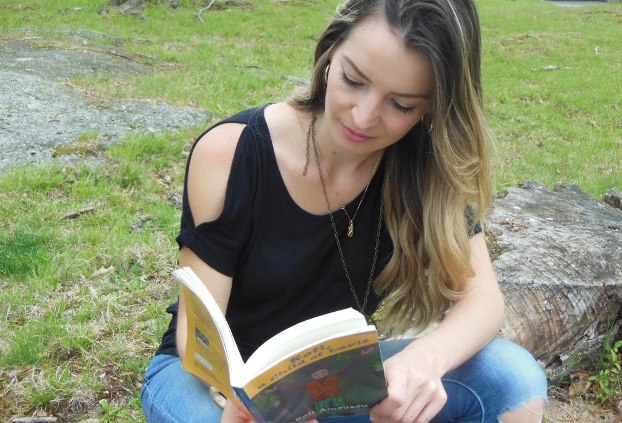

For Readers
Kofi, a Child of Lavié is an authentic story. I really did grow up in a remote village named Lavié, a collection of mud and clay houses with straw or tin roofs built into the African hills. Every day, when we weren’t in school, my six siblings and I made the two-hour walk in flip-flops to the farm to help with back breaking work. In the evenings we danced to the rhythms and melodies of the nightly drum circle. Percussion from wood-carved drums, the calling of cowbells, and the wailing cries of bugles punctuated the dusk. On Sundays, we washed our clothes and bathed in the town stream after worshipping publicly in church and privately to the legba, the gods that were in everything: the fire, the rocks and the trees.
Our elementary school was a public school, but it wasn’t free. It had a school fee of one dollar a year per student. Coming up with seven dollars a year presented a real hardship for subsistence farmers like Mom and Dad; I was perpetually in fear that they couldn’t pay to keep me in school. Through the years, Mom and Dad used their ingenuity to pay the fees, turning unsold cassava into more marketable gari; doing logging work; and even, taking a turn as a magician.
When I was thirteen, what I had long been afraid of actually happened; there was no more money to pay the fees. Out of school and facing a future without that important education, I drifted into despair. What happened next could only happen in Lavié.
The names of all my family members are authentic, but because I was unable to get their clear consent, I have slightly changed the first names of friends and elders.
The voice you hear in this book is the voice of my memories, my true life experience as a native child. But here and there, you will clearly notice that my uninvited adult voice creeps in.